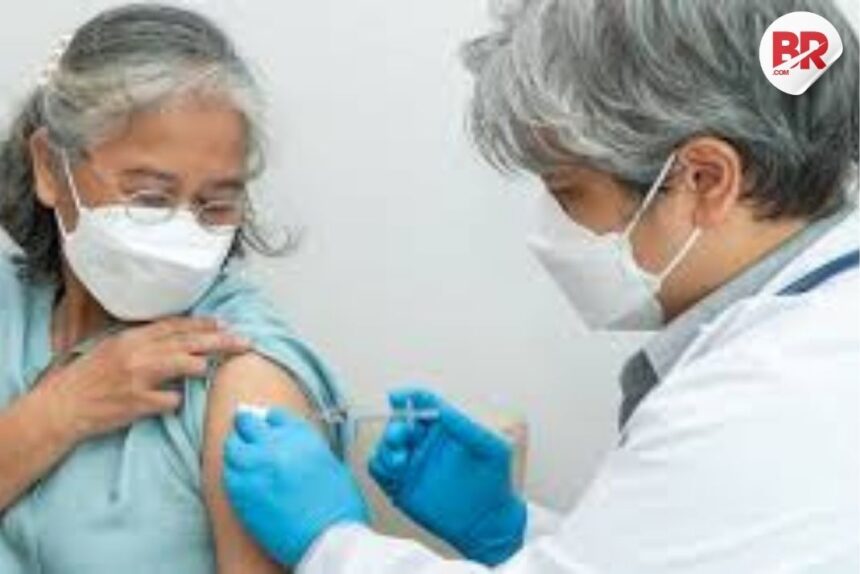
A new study from University College London (UCL) has found that COVID-19 vaccines not only help prevent severe illness but also reduce the risk of serious kidney problems. The study focused on acute kidney injury (AKI), a condition where the kidneys suddenly stop working properly, which has been commonly seen in severe COVID-19 cases.
AKI can lead to serious outcomes like dialysis or even death. Researchers discovered that vaccinated COVID-19 patients who developed AKI were 30% less likely to need dialysis and had better chances of survival compared to those who were unvaccinated.

Read more: Meet the New COVID Variant NB.1.8.1: Know Its Symptoms and How to Treat Them
This is because vaccines help reduce the severity of the infection, which in turn lowers inflammation and the risk of organ damage. When the illness is less intense, the body’s vital organs like the kidneys are less likely to suffer. The study also showed that vaccinated individuals were less likely to experience multi-organ failure, another common complication in severe COVID-19.
This finding is especially important for people with pre-existing kidney problems, as they are at greater risk from COVID-19. Dr. Niloofar Nobakht, one of the lead researchers, emphasized the importance of getting vaccinated and encouraged people to talk to their doctors about how the vaccine can protect them.
COVID-19 vaccines offer an extra layer of protection not just against the virus itself, but also against dangerous complications like kidney injury. This study serves as another reminder of how vaccines play a critical role in protecting our overall health during the ongoing pandemic.












